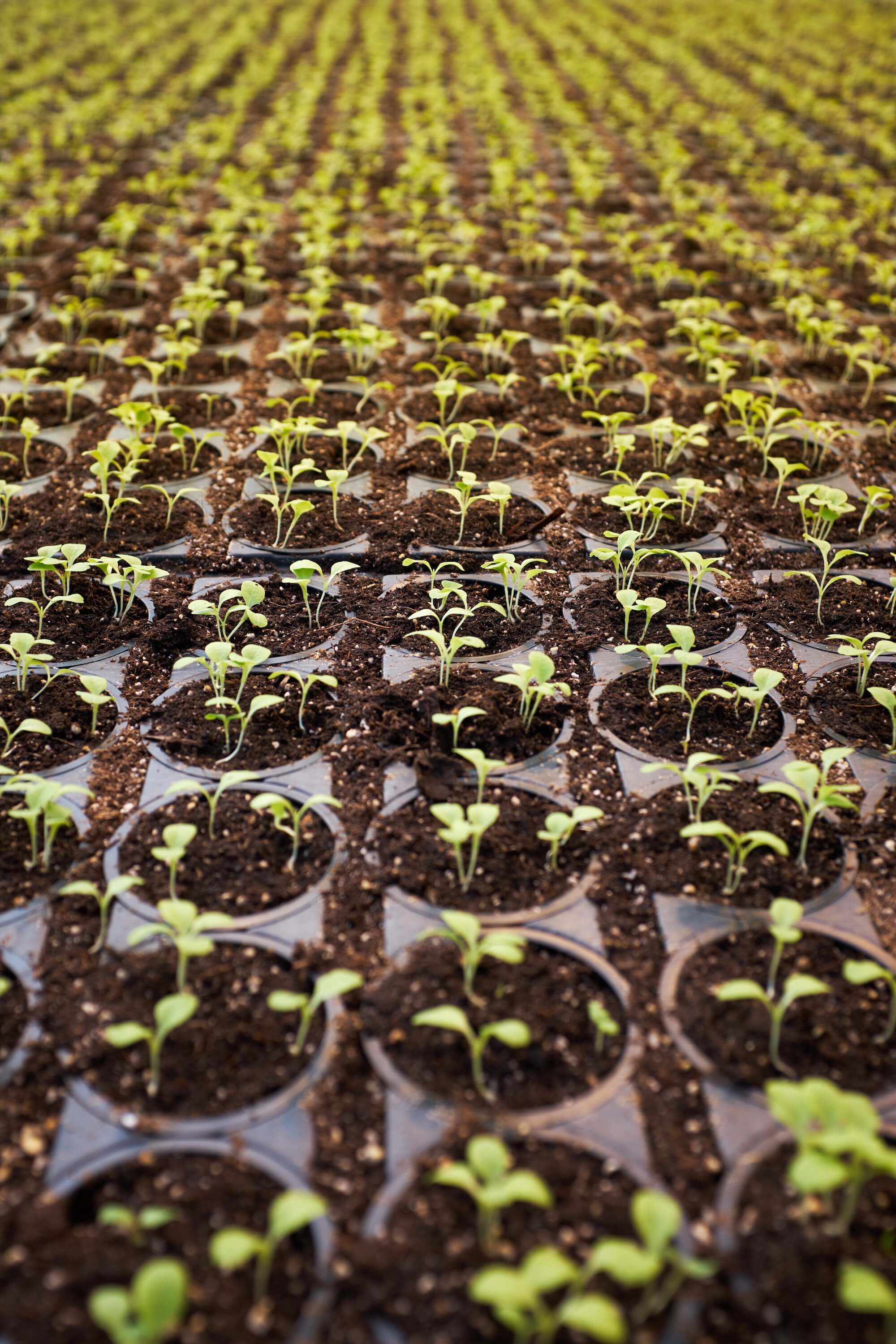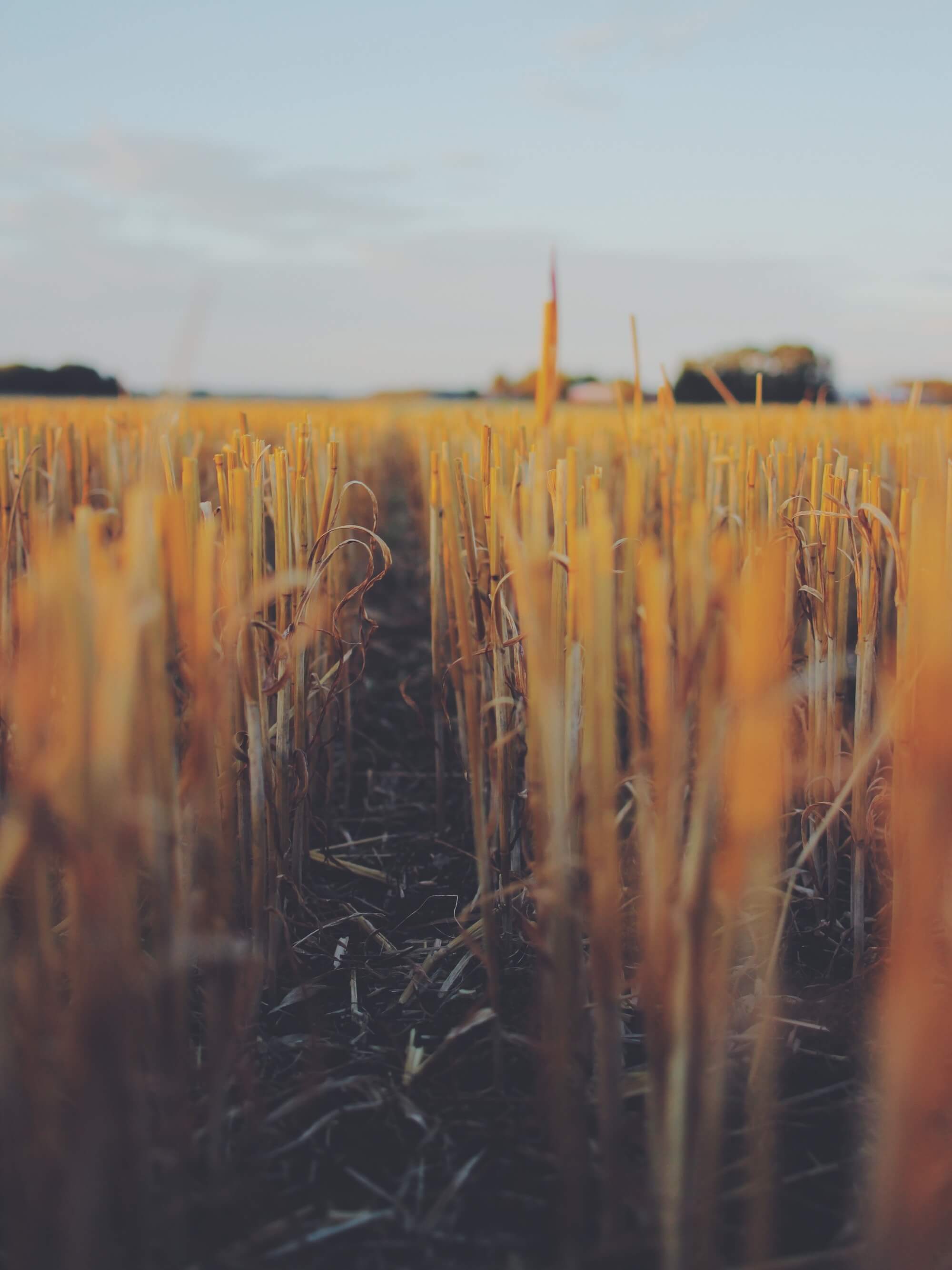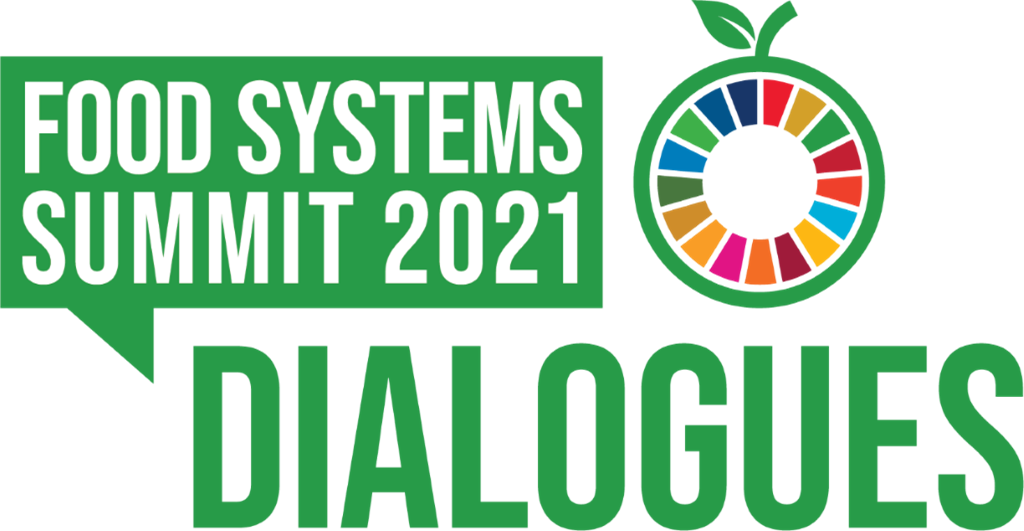Welcome to the Food Systems Dialogues website.
The Food Systems Dialogues were established in 2018 as an initiative of five partners – EAT, Food and Land Use Coalition (FOLU), the Global Alliance for Improved Nutrition (GAIN), World Economic Forum (WEF) and World Business Council for Sustainable Development (WBCSD). Over 40 dialogues have been convened, in 23 countries, across 6 continents, engaging over 2500 food systems practitioners.
In 2019, the Secretary-General of the United Nations (UN) called for a Food Systems Summit, underpinned by an inclusive engagement process to unleash the power of food to deliver progress on all 17 UN Sustainable Development Goals (SDGs). In preparing for the Summit a diverse range of stakeholders — from youth activists to indigenous leaders, from smallholder farmers to scientists and CEOs – are invited to identify the most powerful ways to make food systems stronger and more equitable
- For more information about the Food Systems Summit visit, https://www.un.org/en/food-systems-summit
- For more information about the Food Systems Summit Dialogues, visit: summitdialogues.org
The 2030 Agenda for Sustainable Development – and the future of our planet and its people – depend on well-functioning food systems everywhere. They should be sustainable, produce foodstuffs that are affordable, safe and nourish people.
Summary Reports
Stockholm
New Delhi
Davos
NYC
Bogotá
Bogotá
London
London
Montpellier
Montpellier
Madrid
Vienna
Vienna
Bayer + CGIAR
Aotearoa
Aotearoa - New Zealand
India
African Green Revolution Forum
AGRF
Oslo
Vienna
Jakarta
Addis Ababa
Addis Ababa
Summary ReportLuxembourg
Guelph
Guelph
New Delhi
Davos
Davos
Co-organized by the Swiss Federal Office for Agriculture
Abu Dhabi
FAO + CARE
Brazil
Colombia
Investors
NYC
Katowice
Melbourne
Nairobi
Stockholm
Accra
Accra
NYC
Washington DC
W. DC
Edinburgh
Edinburgh
Hudson Valley, NY
50by40
Switzerland
Farmers + Consumers
Red Thread Synthesis 2018-2019
Emerging themes from the FSDs Events which took place during 2018 - 2019
Red Thread Synthesis - Update 2020
About Food Systems Dialogues
The challenge
The 2030 Agenda for Sustainable Development – and the future of our planet and its people – depend on well-functioning food systems everywhere. They should be sustainable, produce foodstuffs that are affordable, safe and nourish people. They should do this in ways that restore ecosystems and ensure prosperity for all producers, processors and distributors. They should make the lowest possible contribution to climate change. Yet most current food systems are not working properly – for people, for the planet and for our common future.

Encouraging concerted efforts
Efforts to encourage rapid and joint actions that transform food systems have been hampered by deep disagreements among different stakeholders. These can be reduced through greater interaction between the different actors working for sustainable food systems. Interaction helps different actors to reach a better understanding about reasons behind their different positions and enables them to identify ways to align. There are insufficient mechanisms presently available that encourage all stakeholders to have opportunities for meeting, talking, agreeing and acting together. Such mechanisms are necessary for more rapid transformation to sustainable food systems in local and global (“glocal”) settings, across all nations.
A common vision
Effective joint action usually involves a common vision about what is a working food system, an understanding of where positions on the vision diverge, and increasing degrees of agreement on how to realize the vision. Achieving a common vision is easier if different actors use the similar scientific analyses of what people need to be well nourished, and of the boundaries to the safe use of planetary resources. They will also want to take account of power relations, to understand how markets work and to appreciate the range in capabilities for producing, processing and purchasing food.

Frequently Asked Questions
The focus of the FSDs is to connect actors and share experiences so that food system transformations occur within defined locations (for example nations, cities, districts, territories, landscapes, watersheds). FSDs will provide opportunities for discussion about food systems policies and economics (encouraging integrated, multi-disciplinary and comprehensive policies), science-based targets and pathways (encouraging the latest peer- reviewed consensus, such as the EAT-Lancet Commission on Food, Planet and Health and the work of the FABLE consortium), the potential of innovation and the absolute need for all stakeholders to be included in dialogue. The issues will be carefully framed so that there is scope for open interactions between actors in a context characterized by mutual respect and trust.
There will be a strong focus on monitoring the extent to which the FSDs achieve at least some measures of success during this period. It is expected that the FSDs will catalyse an acceleration in the emergence of sustainable food systems at multiple levels through (a) engaging groups who would not normally work together; (b) fostering greater agreement and ambition among them; and (c) encouraging greater alignment and more intensive action
The FSDs are designed to encourage participation by decision-makers from local and national governments, consumer organizations, as well as small and large-scale food producers and processors, business, civil society groups and international organizations.
The various FSDs sessions will build on each other. There will be FSDs sessions whenever possible in the margins of international meetings with a connection to- or focus on – sustainable development and food systems. Results will be shared between FSDs in ways that encourage both continuity of debate and the evolution of positions. Dialogues will also be encouraged and advanced at local, national and regional level.
The overall purpose for the FSDs is that by the end of 2020 a growing wave of Dialogues events will have contributed to international consensus on how to pursue food systems transformations in line with the 2030 Sustainable Development Agenda.
The objectives of the FSDs are:
- bring together actors with different interests in food systems, so that they can interact and appreciate each other’s perspectives
- provide a forum to explore proposals and pathways for food systems transformation
- encourage stakeholders to move beyond dialogue and engage in joint efforts which contribute to food systems transformation
- maintain interaction among all involved through sequential dialogues
- inspire FSDs participants to promote multi-stakeholder dialogue within their own spheres of interest.
The values of the FSDs are:
Inclusive
The FSDs are founded on a recognition of the importance of creating interaction between stakeholders. The FSDs aim to achieve diverse representation in a spirit of welcoming inclusivity.
Systemic approach
The FSDs believe that the transformation of food systems requires a systemic approach; no single actor or group of actors can achieve the change required, and transformation in all areas must be achieved simultaneously.
Science based
The FSDs are committed to being a space in which proposals for food systems transformation are supported by data and scientific evidence.
Locally-anchored
FSDs events and proposals should strive to reflect local culture, language and norms, and emphasise that actions must have buy-in from the people that they affect.
A safe space
Despite a degree of consensus on ‘what food systems transformation looks like’, there is insufficient action; the FSDs are a space where roadblocks and disagreements can be openly explored.
Each FSDs session will consist of several Dialogue tables, usually with 6-10 participants at each table. A discussion topic – usually phrased as an ideal future statement in the given area of food systems – is prepared for each table in advance, challenging the participants to agree on concrete proposals for action. A facilitator at each table guides the discussion, ensuring balanced speaking time, and summarizes the proposals for action.
After a set time of discussions, each table reports back to the larger group on their findings. The proposals for actions are what forms the foundation for the Summary Report from each event, published at the Food Systems Dialogues website. The proposals for action are distilled down to form the FSDs Red Thread themes.
The plan is that participants sit in a circular group. The group includes the facilitator. Ideally, there is a 10-minute set-up phase, a 45 minute period for facilitated Dialogue and a 15 minute period for developing the Dialogue Statement. In the set-up phase the facilitator ensures that the rules of the dialogue are established and agreed. During the set-up phase participants should have the opportunity to leave if they wish – once the Dialogue has started, leaving will be discouraged unless unavoidable. Once the Dialogue is over, DSs are shared between Dialogues by the facilitator through a 5-minute report-back to all the Dialogue tables. [If there are many Dialogue tables there may not be time for all facilitators to report back to all tables]. Once all the Dialogues have been completed, and DSs shared, there will be a plenary discussion where participants have the opportunity to share experiences and voice concerns that need to be taken in future. Participants will complete evaluations after each session.
The Proposals for Action are the primary outputs of the Dialogues. These proposals for action can both help catalyse activities and encourage participants to engage with the ideas for action. The proposals are distilled to form the Red Thread themes, which consists of the most discussed action points from the FSDs events to date.
FSDs events will be hosted by an increasing number of different entities using – as far as possible – the specified format and sharing Dialogue Statements so that they can be aggregated and then shared on the FSDs website. The specified format for the FSDs and the process for advancing FSDs in different locations will be developed over time in the light of experience.
The five FSDs partners are EAT, Food and Land Use Coalition (FOLU), the Global Alliance for Improved Nutrition (GAIN), World Economic Forum (WEF) and World Business Council for Sustainable Development (WBCSD). The Partners convene quarterly – together with the Curator – to decide strategy, finances and long-term goals.
Members from each partner organization are part of the Operational Group. Via emails and regular conference calls, all partners have an equal opportunity to contribute to logistics, planning and operational decisions for the FSDs.
Anyone interested in getting more information about the Food Systems Dialogues are invited to join the FSDs Reference Group. This group gathers on conference calls every three months. In these call, both previous and future FSDs events are discussed, people are invited to contribute with suggestions, ask questions, or raise their interest in organizing an FSDs themselves. Minutes from these calls are shared with all members of the Reference Group.
The FSDs are run by a small secretariat, currently consisting of two full-time employees.
The five partner organizations have developed a budget for the FSDs which will be sufficient to cover the costs of international and regional FSDs sessions, the FSDs Secretariat and the curator. Finance is being mobilized by the initiating organizations from their own resources as well as from donors. The rate at which FSDs can be advanced depends on the speed with which funds can be mobilized.
